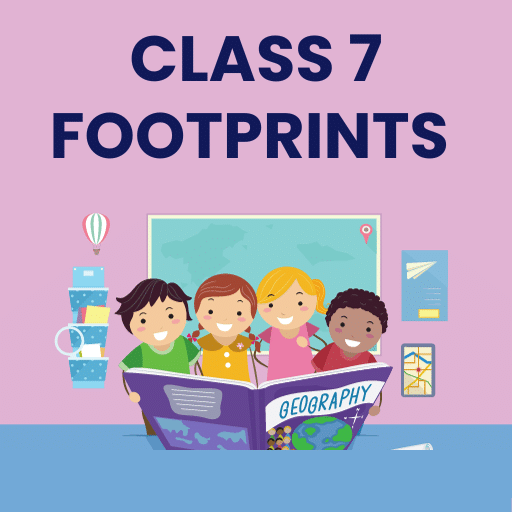
|
INFINITY COURSE
Footprints Class 7: Book Solutions, Notes & Worksheets | Complete Class 7 Course | 50 docs - Gunjan Lakhani | EduRev33,583 students learning this week · Last updated on Sep 06, 2025 |
|
Join for Free
|
Upgrade to Unlock this CourseUnlock course content with Class 7 Infinity Package Start the Infinity Experience
|
|
Course Analysis
Tests and Content Analysis

|
Content Viewed -- |

|
Tests Attempted --.-- |

|
Total Attempted Questions --.-- |

|
Total Time on Tests --.-- |

|
Correct : Incorrect Questions --.-- |

|
Average Time Per Question --.-- |

|
Average Rank --.-- |

|
Average Percentile --.-- |

|
Average Accuracy --.-- |
Tests Score analysis
Tests Accuracy analysis
Tests Questions analysis





Footprints Class 7: Book Solutions, Notes & Worksheets | Complete Class 7 Course | 50 docs - Gunjan Lakhani | EduRev Books
Footprints Class 7: Book Solutions, Notes & Worksheets | Complete Class 7 Course | 50 docs - Gunjan Lakhani | EduRev PDF Download
Footprints Class 7: Book Solutions, Notes & Worksheets | Complete Class 7 Course | 50 docs - Gunjan Lakhani | EduRev Previous Year Papers
Important Questions for Footprints Class 7: Book Solutions, Notes & Worksheets | Complete Class 7 Course | 50 docs - Gunjan Lakhani | EduRev

Contact Support
|
Free Exam Preparation
at your Fingertips!
Access Free Study Material - Test Series, Structured Courses, Free Videos & Study Notes and Prepare for Your Exam With Ease

 Join the 10M+ students on EduRev
Join the 10M+ students on EduRev
|

|







